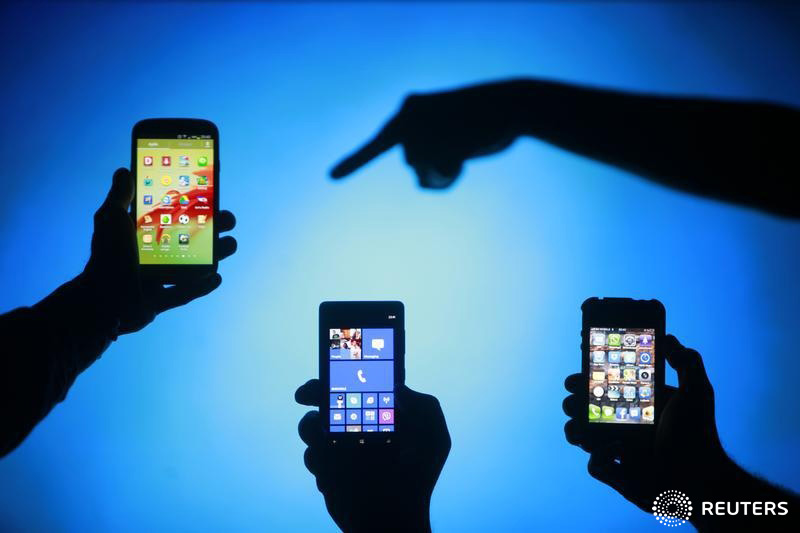The rule has never changed: Every phenomenon or positive change has a tax to be paid, whether we like it or not.This rule also applies to the enormous technological progress we are witnessing and its unlimited positive outcomes on our lives, businesses and communities. Here, the tax users pay is represented by forbidden acts and taboos becoming accepted and incorporated into our lives.
People might not sense this gradual transformation but they eventually accept it in return for using technology. Speaking of attempts to maintain some privacy has become impossible – privacy has been violated with a knockdown.
A group of scientists from Harvard University has developed a mosquito-sized robot that can steal samples of your DNA without you feeling it. Professor of Computer Science Margo Seltzer said that the privacy we used to know before no more exists, adding that current techniques such as credit cards, internet networks, highway radars, cameras in streets, social media and emails can all leave a digital print of us by which we can be followed.
In 2013, more than five billion data records were lost or stolen, according to the Breach Level Index (BLI). This reveals that perhaps only those distant from the world of internet were not subject to violation of privacy– and they did not avoid it for fear or cautiousness but because they weren’t capable of affording such technology – yet, they are certainly on their way there.
Half the world’s population is constantly connected to the Internet while the other half is on its way. According to Gartner, Inc. there will be 25 billion smartphones by 2020. At that time, no one will be safe regardless if he uses a smartphone or not. Saudi Arabia, for example, has a population of 30 million people, having 24 million internet users and 48 million subscribers of mobile telecommunication services.
Violations taking place every second with data and information divulged have become manifest for anyone connected to the internet. And it is impossible to stop or block them.
Take what has been published by founder of WikiLeaks Julian Assange in 2013 as an example – he published a huge archive of correspondences for former US Secretary of State Henry Kissinger since 1973 till 1976. These correspondences were classified as top secret and totaled 1.7 million, five-fold what has been previously published in WikiLeaks.
Another example is former Central Intelligence Agency (CIA) Edward Snowden, currently residing in Russia, who has unveiled that the National Security Agency (NSA) in the US and the Government Communications Headquarters (GCHQ) in Britain have jointly developed a technology that permits access to many global internet activity, call logs, individuals’ emails and a huge content of other digital telecommunications.
Misuse of personal data is a growing challenge all over the world. Requests were made to governments to take charge of protecting the future of citizens’ privacy and their social prosperity. However, it seems that none is capable of that, with governments themselves failing to protect their own classified data. So, how would a normal individual be able to do that?!
Till now there are no realistic solutions that show optimism in ending the violation of our privacy. Given that we have agreed to be connected to the Internet and to use smartphones, we should admit that our privacy has been violated irreversibly, even if we try to convince ourselves otherwise.
